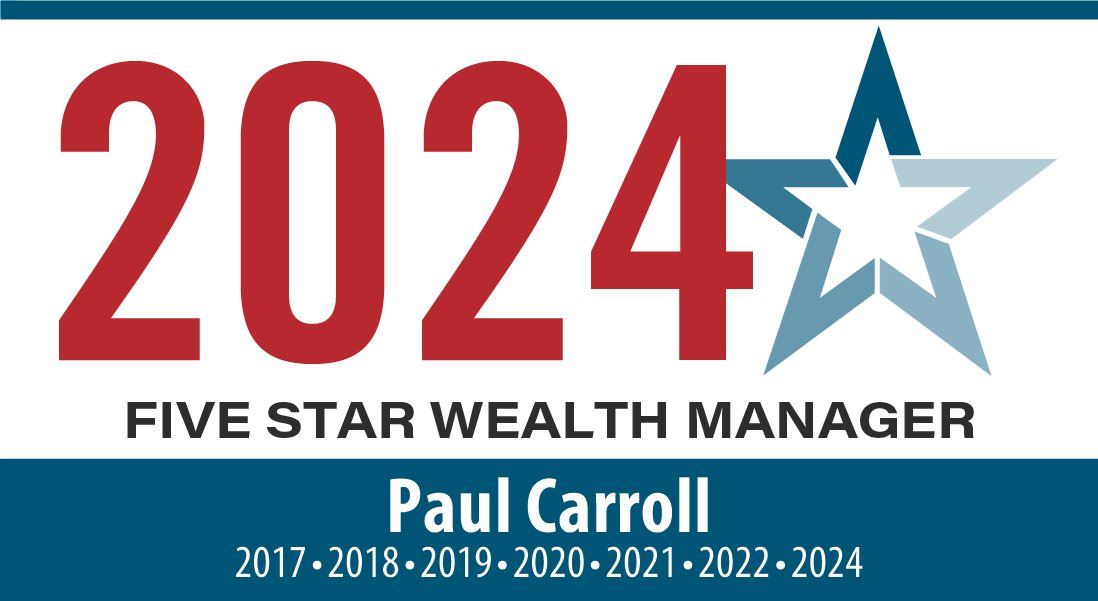As markets retreat, headlines rush to assign blame. Today, it’s tariffs. But beneath every market move lies a more complex web of causes and effects. At Avion Wealth, we believe that understanding this nuance is essential to long-term investment success.
Let’s take a closer look at tariffs: what they are, how they disrupt the global economy, and where discerning investors might uncover opportunity amidst the volatility.
What Are Tariffs, Really?
Tariffs are taxes on imported goods, designed to make foreign products more expensive, and theoretically, encourage demand for domestic alternatives. While this may offer short-term protection to certain industries, the broader effects are more damaging than helpful.
In reality, tariffs increase costs for businesses, raise prices for consumers, and provoke retaliatory measures from trade partners. This creates friction in global trade—the very foundation of today’s interconnected economy.
The Ripple Effect on Global Markets
The impact of tariffs doesn’t stop at the border. They ripple through the economy by disrupting global supply chains, dampening business confidence, and slowing both investment and consumer spending. Exporters lose access to markets, and companies delay growth initiatives, all of which can drag on economic momentum.
Some sectors feel the pain more acutely than others. Manufacturing, agriculture, and industrials are frequently caught in the crossfire. But in today’s market pullback, the tech sector stands out as especially vulnerable.
Many U.S. technology firms rely on international markets and components. Tariffs on semiconductors and other hardware imports increase production costs, while retaliatory trade restrictions limit global sales of software and services. Despite strong fundamentals, these companies now face shrinking margins, lowered growth expectations, and downward pressure on stock prices.
Meanwhile, countries like China are investing heavily in domestic R&D, accelerating their efforts to reduce reliance on U.S. technology and creating long-term competitive shifts in the global landscape.
The Fiscal Trade-Off Few Are Talking About
While tariffs do bring in some government revenue, the broader impact on public finances is negative. Slower economic growth leads to fewer jobs, lower wages, and reduced consumer spending, translating into lower income, corporate, and payroll tax receipts.
In short, tariffs rarely offset the revenue losses they create. In today’s environment, where the U.S. is already running a 6% budget deficit, this is more than a fiscal inconvenience—it’s a serious policy concern.
How Should Investors Respond?
With discipline, not fear.
Headline-driven corrections often create opportunities to rebalance portfolios, especially in sectors that have become overconcentrated after years of strong performance. It may be a good moment to:
-
Evaluate undervalued sectors like industrials or materials that could benefit from reshoring and domestic investment.
-
Trim high-growth tech exposures where valuations remain high but earnings outlooks have softened.
-
Reassess international diversification as global economic cycles and currency shifts create new value opportunities.
International markets, for instance, have quietly outperformed over the past three to six months—a subtle but significant signal for long-term investors.
Stay the Course
Yes, the market is down. But that’s not a reason to panic—it’s part of the process. Tariffs may trigger volatility, but they also create pricing dislocations and sector shifts that open doors for strategic investors. If your goals haven’t changed, your plan probably shouldn’t either. At Avion Wealth, we design portfolios that account for volatility, not react to it. We’re here to help you stay focused on what matters most: long-term success.
If you’d like to review your strategy or explore new opportunities in today’s evolving landscape, we’re just a phone call away. Stay calm. Stay invested. And, as always, think long term.
Resources
Morningstar.com: Tariffs Are a Self-Inflicted Economic Catastrophe
Wikipedia: History of Tariffs in the United States
Paul is the founder and CEO of Avion Wealth, LLC. He leads a team of wealth managers in building and executing financial plans for high net worth individuals and families. Contact Avion Wealth to speak with a financial advisor.







